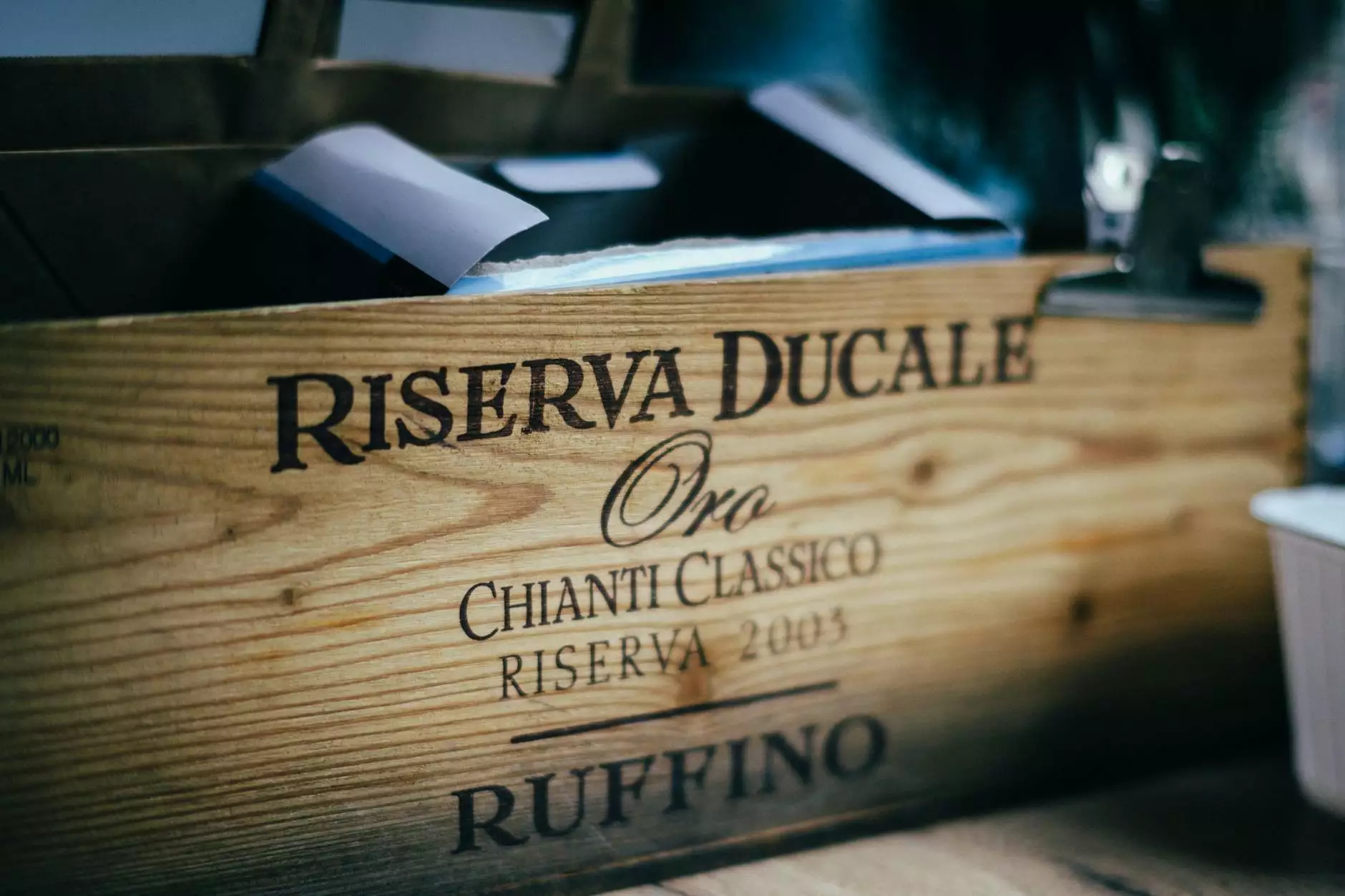Revolutionizing Business with Advanced Refrigeration Equipment

The Importance of Refrigeration in Modern Business
In today’s fast-paced market, efficient refrigeration systems have become a cornerstone of successful business operations. Particularly in sectors such as food distribution, pharmaceutical storage, and logistics, businesses are investing in cutting-edge refrigeration equipment to meet the growing demands for quality and safety.
Refrigeration equipment not only preserves the integrity of products but also enhances customer satisfaction through consistent quality. Businesses that prioritize robust cold chain management find themselves at a significant advantage in a competitive marketplace.
Understanding Cold Chain Logistics
The term "cold chain" refers to the supply chain process that involves the uninterrupted preservation of temperature-sensitive products. This process is vital in numerous industries, especially for:
- Food and Beverages: Ensuring freshness and safety.
- Pharmaceuticals: Maintaining efficacy of medicines.
- Floral and Horticultural: Preserving the beauty and life of products.
Refrigeration equipment plays a critical role in this chain, facilitating safe transportation and storage during every phase of the product lifecycle.
Types of Refrigeration Equipment
Investing in the right types of refrigeration equipment tailored to specific business needs is essential. Below are some of the key types of refrigeration systems commonly used:
1. Commercial Refrigerators and Freezers
These are widely used across restaurants, supermarkets, and convenience stores. They help keep products at optimal temperatures, ensuring food safety and freshness.
2. Blast Freezers
Used primarily in the food industry, blast freezers quickly freeze products to lock in quality and extend shelf life.
3. Walk-In Coolers and Freezers
Ideal for large retail operations, these units provide ample space for storing large quantities of temperature-sensitive products.
4. Residential Refrigeration Units
While focused on a smaller scale, advancements in residential refrigeration have also contributed to energy efficiency and product preservation.
5. Refrigerated Transport Vehicles
Essential for the logistics industry, these vehicles keep products at the required temperatures during transit.
Advantages of Modern Refrigeration Technologies
Modern refrigeration technologies have revolutionized how businesses operate. The key benefits include:
- Enhanced Energy Efficiency: Advanced systems reduce energy consumption.
- Improved Temperature Control: Precise controls ensure optimal conditions, preventing spoilage.
- IoT Integration: Smart technology allows for real-time monitoring and alerts, mitigating risks of temperature fluctuations.
- Durability and Reliability: Modern units are designed for longevity, reducing maintenance costs.
The Role of First Cold Chain in the Industry
As a leader in the refrigeration equipment sector, First Cold Chain is committed to providing state-of-the-art solutions that cater to the diverse needs of businesses worldwide. Their focus on innovation means that every piece of equipment is not only robust but also equipped with the latest technology to enhance efficiency and reliability.
Innovative Solutions from First Cold Chain
First Cold Chain offers a wide range of products tailored to meet various operational demands:
Temperature Monitoring Systems
With built-in monitoring capabilities, businesses can track temperature readings in real-time, ensuring products remain at safe temperatures.
Customizable Refrigeration Units
Understanding that every business is unique, First Cold Chain provides customizable solutions tailored to specific storage needs and space constraints.
Energy Efficient Designs
Their units are designed to minimize energy usage, contributing to lower operational costs and a smaller carbon footprint.
Expert Support and Maintenance
First Cold Chain doesn’t just sell refrigeration equipment; they offer ongoing support and maintenance, ensuring that your systems run smoothly and efficiently.
Case Studies: Success in the Cold Chain Sector
Real-world examples illustrate the transformative impact of advanced refrigeration equipment. Consider the following scenarios:
1. Food Distributor Transformation
A large food distributor faced challenges in maintaining the quality of perishable products. By implementing advanced refrigeration solutions from First Cold Chain, they improved their product retention rate by 30% and reduced spoilage, leading to increased customer satisfaction.
2. Pharmaceutical Storage Upgrade
A pharmaceutical company upgraded its storage systems to comply with new regulations. Their investment in smart refrigeration units equipped with IoT technology allowed for continuous monitoring, resulting in a 0% loss of product efficacy within a year.
Future Trends in Refrigeration Technology
As businesses evolve, so does refrigeration technology. Some anticipated trends include:
- Green Refrigeration: A shift towards environmentally-friendly refrigerants and energy sources.
- Enhanced Automation: Increased use of AI and machine learning in monitoring and controlling refrigeration units.
- Smart Logistics: Combining refrigeration with supply chain improvements for greater efficiency.
Conclusion: The Imperative of Investing in Quality Refrigeration Equipment
In conclusion, the importance of investing in high-quality refrigeration equipment cannot be overstated. Businesses seeking to enhance their operations, ensure product quality, and meet customer demands should consider reputable suppliers such as First Cold Chain. With their innovative solutions and commitment to excellence, they are paving the way for a more efficient and sustainable business environment. Don’t compromise on quality; ensure the longevity and reliability of your products with the right refrigeration systems.
https://www.first-coldchain.com/








